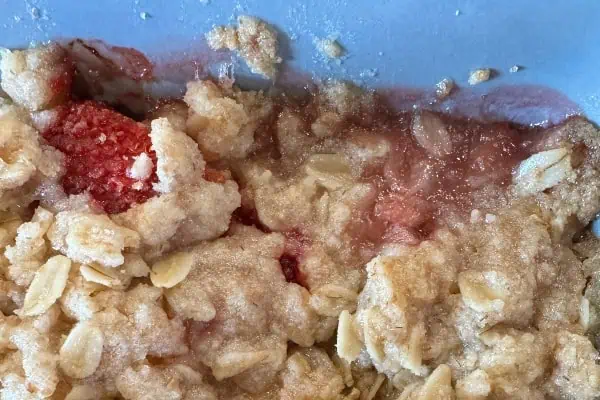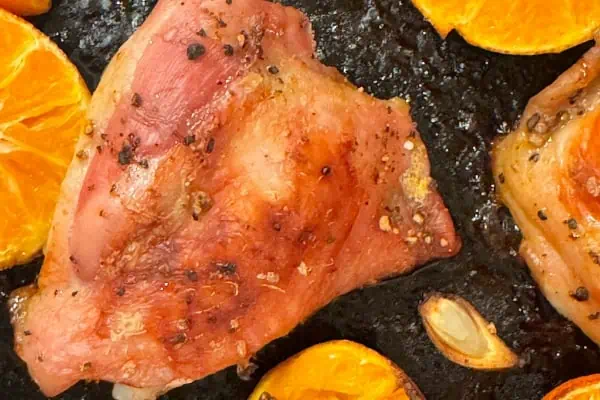Is your digestion slow? Feel cold all the time? Tired and achy? Low mood? Lack the energy to get through your day?
If any of these symptoms are a problem for you and you’re struggling to feel well, no matter what you try, Chinese medicine and acupuncture might have the answer for you. You could be suffering the effects of Yukon’s long, dark, cold winters. But don’t worry, you don’t have to leave our winter wonderland. Just try these easy-to-follow suggestions.
Traditional Chinese Medicine (TCM) is a medical philosophy that dates back thousands of years. It aims to unblock the body’s energy, to increase circulation and restore balance. At its heart, it aims to keep a person in harmony with nature. This means that we take note of the seasons and try to work with them.
Nature’s energy is classified as Yin and Yang. Winter represents the most Yin aspect in the Chinese year. Yin is dark, cold, inward, slow energy, as compared to the Yang of summer, whose energy is quick, light, fast, hot and expansive. Winter then is said to be a time for rest, contemplation and nourishing our bodies.
So where does that leave the average Yukoner, who loves to ski, bike and snowshoe throughout those cold, long winter months?
We have long winters and it would be impractical to hibernate right through till spring, but by being aware that we are pushing against the natural flow of the season, we can take preventative measures to ensure we stay healthy.
According to Traditional Chinese Medicine, there are a number of external pathogens that can influence the health of the body: hot or cold, damp or dry and wind.
In the Yukon we are predominantly subjected to the effects of cold and dryness, which can penetrate more deeply if one is exposed to wind.
Cold drains the digestive qi, causing what is known in Traditional Chinese Medicine as spleen qi deficiency, with symptoms that manifest as pain, lethargy, and poor digestion. Think of a crick in the neck after being out on a cold windy day without a scarf, or low back ache from being cold and stiff. Though you apply heat to sooth the pain, but wouldn’t it be better to not allow the cold to penetrate in the first place?
Everyone knows the benefit of wearing thermal base layers, but there’s a lot we can do to stay warm from the inside.
The first thing I recommend to my patients is a warming start to the day – a nice hot bowl of oatmeal. Steel cut oats are among the best as they are unrefined and must be cooked slowly, allowing the grain to break down, being easily digested, and most warming to the body. Add dried fruit, nuts and honey for extra nutrition and deliciousness.
At lunch, soup is a good idea – nourishing and hot, easily digested, it makes the perfect meal in a cold climate. Dinner is normally a hot meal so doesn’t require change for most people, but stews in a slow cooker are a great idea if you find yourself not having time to prepare anything from scratch.
Eating warm food aids digestion by helping us stay warm on the inside – we are warm-blooded creatures after all.
Cold injures the digestive system by draining the spleen qi, so avoid cold drinks, cold cereal, ice, smoothies and salads, where possible, as these consume the precious energy needed to break them down and warm them up to be digested properly.
Staying warm inside and out keeps our energy up and increases circulation, preventing lethargy, low moods, compromised immune systems, and prevents injury by keeping our muscles warm and nourished.
Happy winter.




